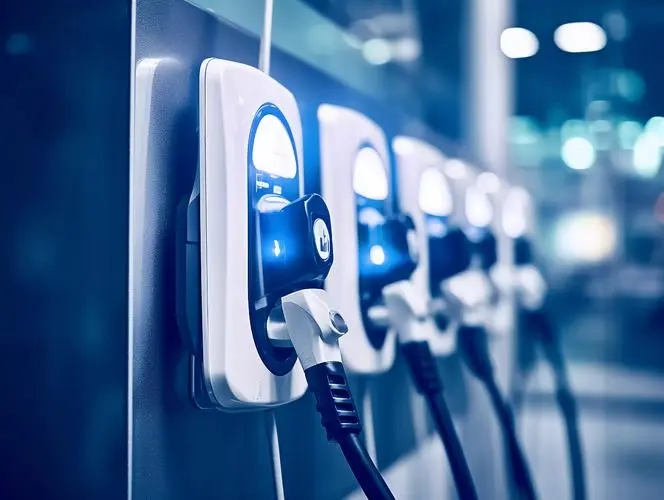About China Small size power module manufacturers
The number one advantage to using a module is the ease of design. Place the device, add input and output capacitance and follow the layout guides for thermal relief, and you are done. Because of the fixed footprint, you should get very consistent results from your measurable testing. Transient response, load capacity, and electromagnetic emissions are all tested by the manufacturer and should closely match the results you see in your own system. Obviously, there are contributing factors that can influence your performance, but by using a module you cut down drastically on the potential sources of error.
There are various packaging forms of power modules. Some of the commonly used products conform to international standards, and many are non-standard products. Moreover, the products of the same company will have different packaging forms for the same power; on the contrary, the same packaging will also have different powers, which can be reasonably selected according to the requirements of their own products.








































